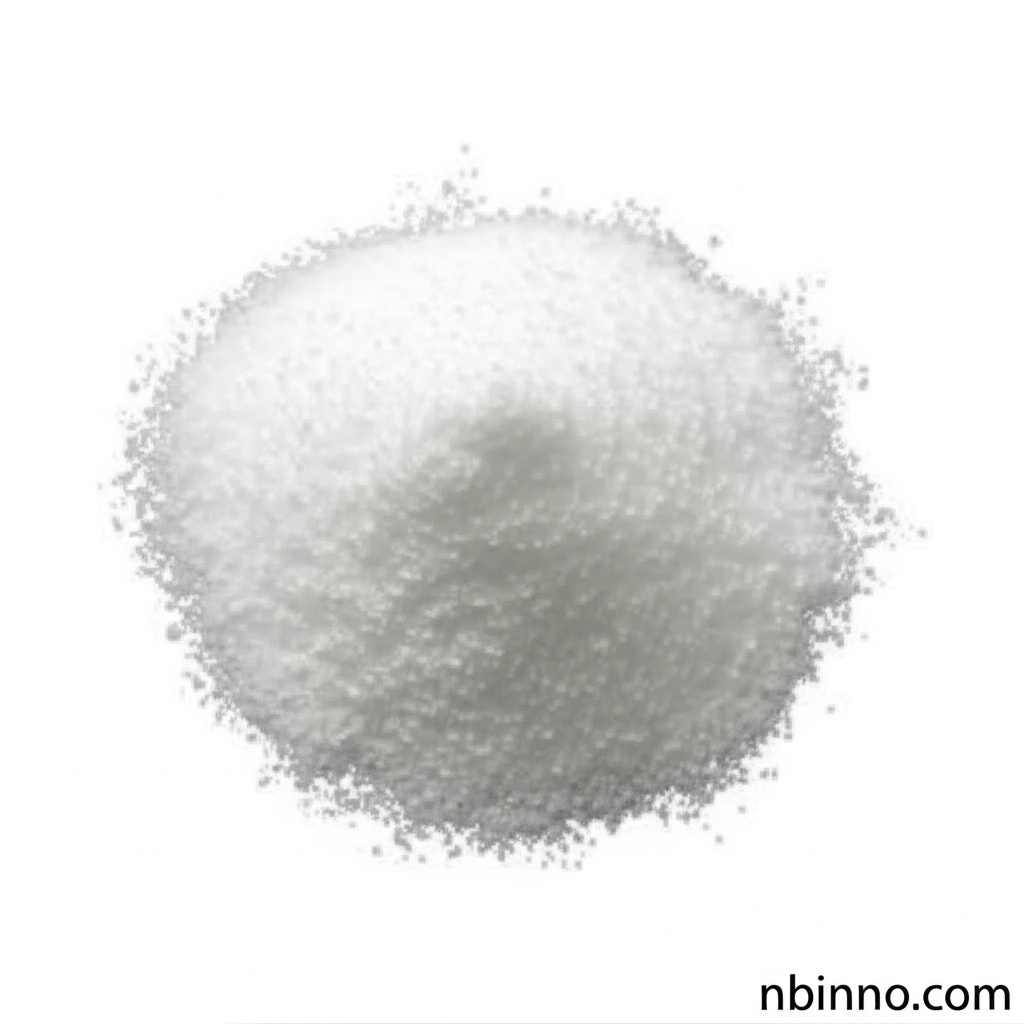Glycylglycine: A Versatile Dipeptide for Biochemical Research and Pharmaceutical Applications
Discover the essential role of Glycylglycine in stabilizing biological samples and enhancing protein drug efficacy. Learn why this dipeptide is a crucial component in modern biochemical research and pharmaceutical development.
Get a Quote & SampleProduct Core Value

Glycylglycine
Glycylglycine, also known as diglycine, is a fundamental dipeptide with CAS number 556-50-3. It's recognized for its stability and low toxicity, making it a preferred choice for sensitive biological applications. As a leading supplier in China, we provide high-purity Glycylglycine essential for various scientific and medical uses.
- Unlock advanced research with Glycylglycine buffer for biological systems, ensuring stable pH environments for delicate experiments.
- Leverage the use of Glycylglycine in protein drug stabilization, safeguarding the integrity of critical therapeutic compounds.
- Explore the efficacy of Glycylglycine in peptide synthesis applications, facilitating the creation of complex peptide chains for novel drug discovery.
- Benefit from Glycylglycine for blood preservation stabilizer, extending the viability of blood products and improving transfusion safety.
Key Advantages
Exceptional Stability
Glycylglycine demonstrates remarkable stability, crucial for maintaining the consistency of biochemical assays and formulations. Its reliable performance supports various protocols, contributing to reproducible scientific outcomes.
Enhanced Protein Solubility
Researchers have found success using Glycylglycine for enhancing the solubility of recombinant proteins. This capability is vital for effective protein expression and purification processes in biotechnology.
Wide pH Buffering Range
This dipeptide offers effective buffering across specific pH ranges, particularly useful in biological research. Its ability to maintain stable pH is key for experiments involving sensitive biomolecules.
Key Applications
Biochemical Research
Glycylglycine serves as a valuable buffer in various biological studies, contributing to the precise control needed for experiments. Understanding its properties aids in optimising experimental conditions.
Pharmaceutical Formulation
Its role as a stabilizer for protein drugs, such as cytochrome C injections, highlights its importance in pharmaceutical chemistry. This application ensures the potency and shelf-life of vital medications.
Peptide Synthesis
As the simplest peptide, Glycylglycine is instrumental in the synthesis of more complex peptides, supporting advancements in drug discovery and bioengineering.
Blood Preservation
The use of Glycylglycine as a stabilizer in blood preservation is critical for medical applications, enhancing the longevity and usability of blood products.
